UK's largest container port hit by another strike as cost-of-living crisis deepens
Hundreds of workers at the UK's largest freight port, in Felixstowe, have launched yet another eight-day strike over a pay dispute amid a worsening cost-of-living crisis across Britain.
Around 1,900 workers at Felixstowe, which accounts for almost half of the UK's container trade, returned to picket lines on Tuesday.
The current industrial action, which follows an eight-day walkout last month, will go on until October 5.
The strike, which raises concerns about the country's supply chains, coincides with an ongoing walkout at the port of Liverpool.
This came after the facility's owner Hutchison Port Holdings refused to enter further negotiations.
Workers are demanding a 10-percent pay rise to match current decades-high inflation rates.
A port spokesman said that the company had offered a seven-percent salary increase. "The port is in the process of implementing a very fair pay increase of seven percent plus £500 ($534, 554 euros)."
The port has warned there was "no prospect of agreement being reached with the union."
The general secretary of Unite union, Sharon Graham, said the port was a "tremendously wealthy company that can fully afford to pay its workers a fair pay increase but has chosen not to in order to boost their already huge profits."
In recent days, a number of unions have set out new dates for strikes that were postponed following the death of Queen Elizabeth II on September 8.
The UK's cost-of-living crisis has prompted workers, from railways and airlines to legal offices, to either threaten or undertake strike action.
British authorities recently announced a whopping 80-percent hike in electricity and gas bills, just before winter sets in.
They warned of yet another likely increase in January, reflecting significant pricing pressure in energy markets. They blamed the turbulence in the energy market and soaring gas costs in the UK on the simmering conflict in Ukraine.
Britain's anti-poverty experts say the near-doubling of the prices will likely tip millions into fuel poverty, forcing them to choose between heating or eating.
Britain is already suffering from its highest inflation rate since 1982 and is predicted to enter a recession later this year.
D-8’s role in Iran’s economy after Cairo summit
China slams US as ‘war-addicted’ threat to global security
China ‘firmly opposes’ US military aid to Taiwan
VIDEO | Press TV's News Headlines
President Yoon Suk Yeol to be removed from office
At least 19 Gazans killed by Israeli airstrikes since dawn: Medics
Leader: Iran neither has nor needs proxy forces
US fighter aircraft shot down ‘in friendly fire’ amid aggression on Yemen


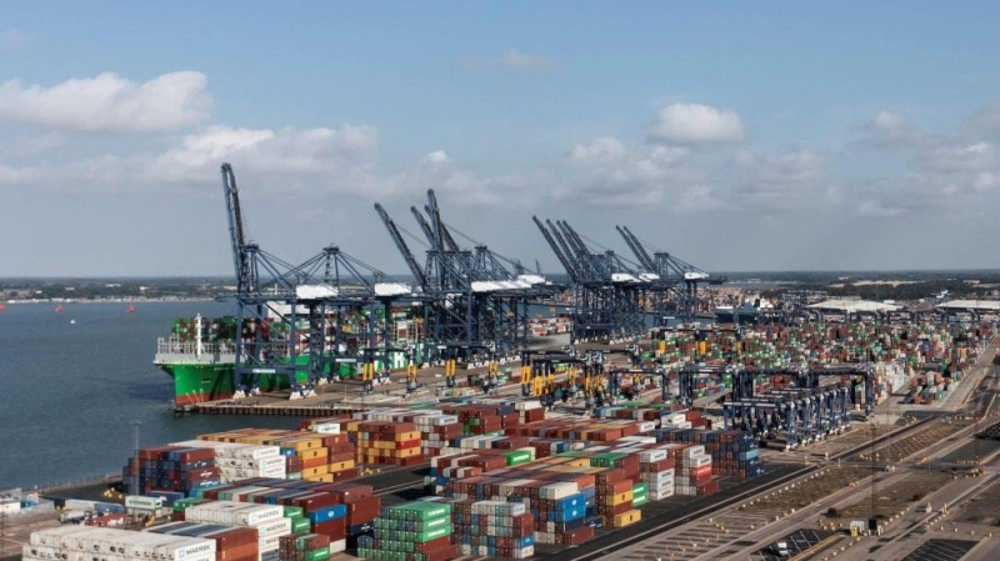







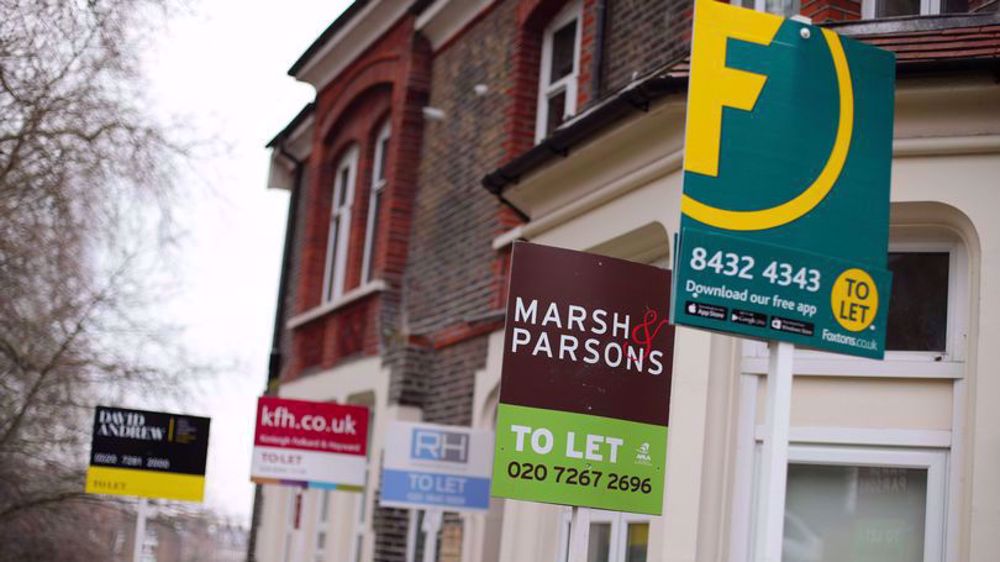
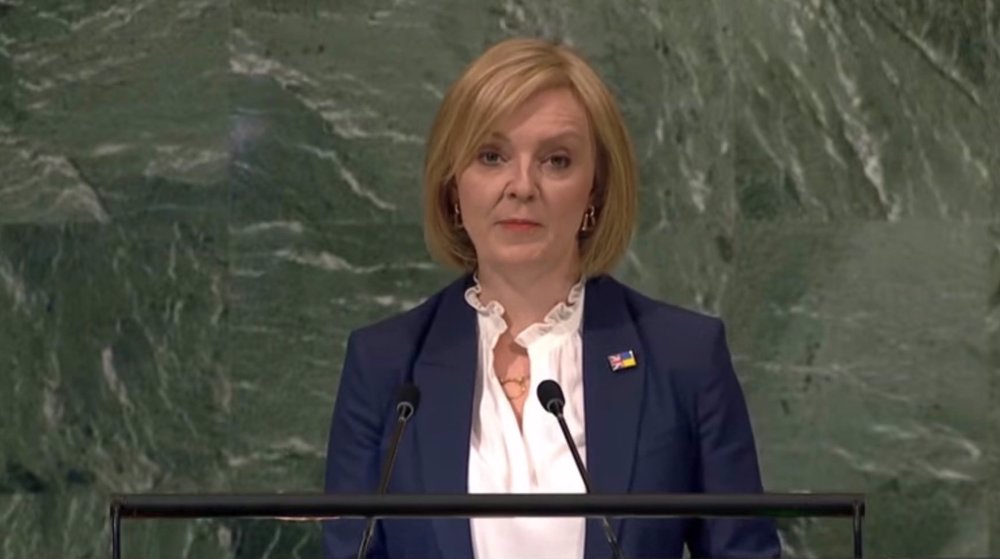
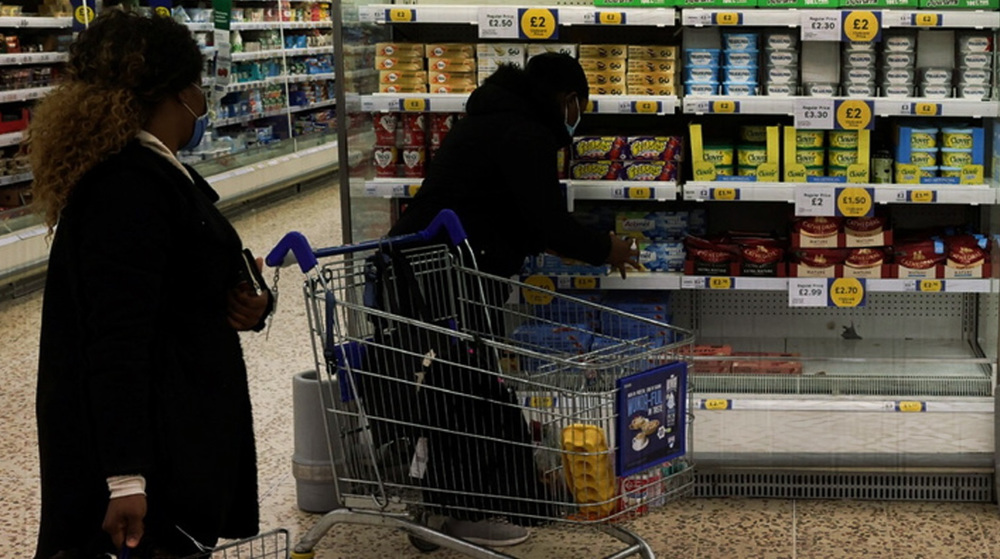
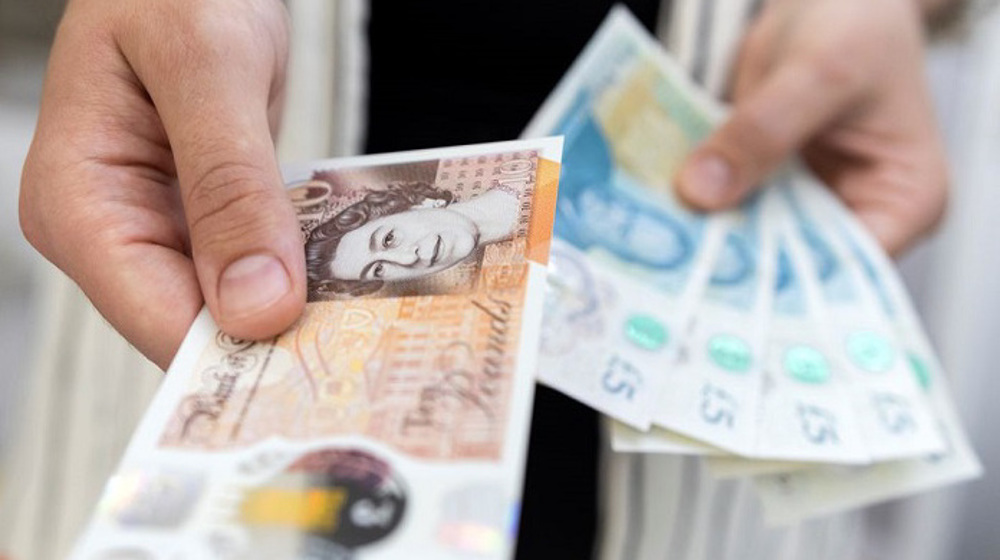

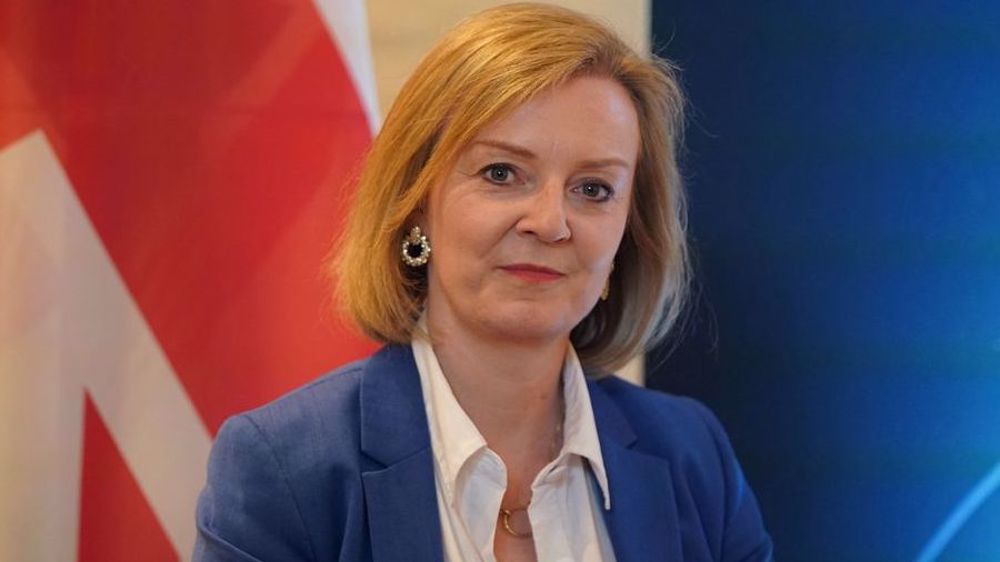
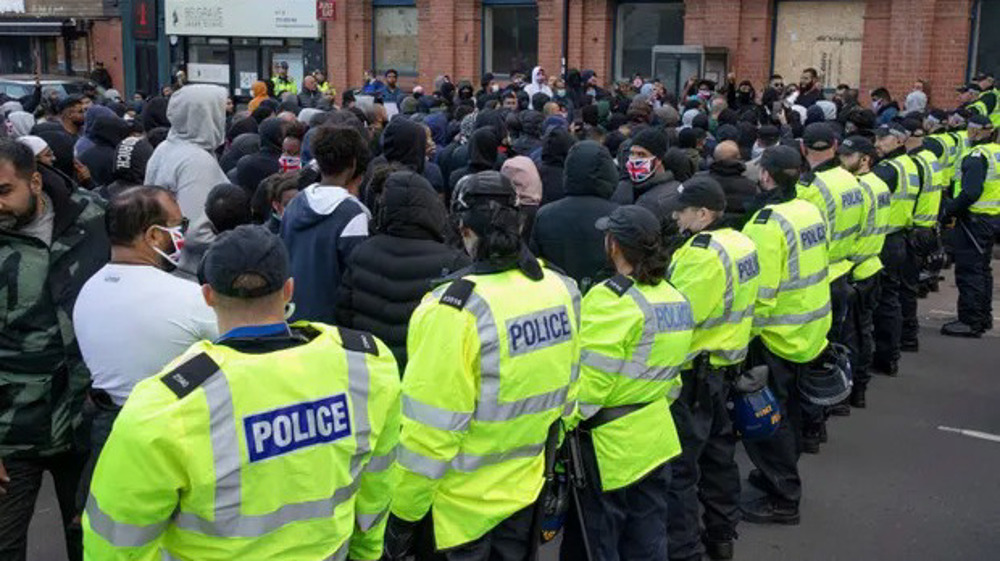

 This makes it easy to access the Press TV website
This makes it easy to access the Press TV website